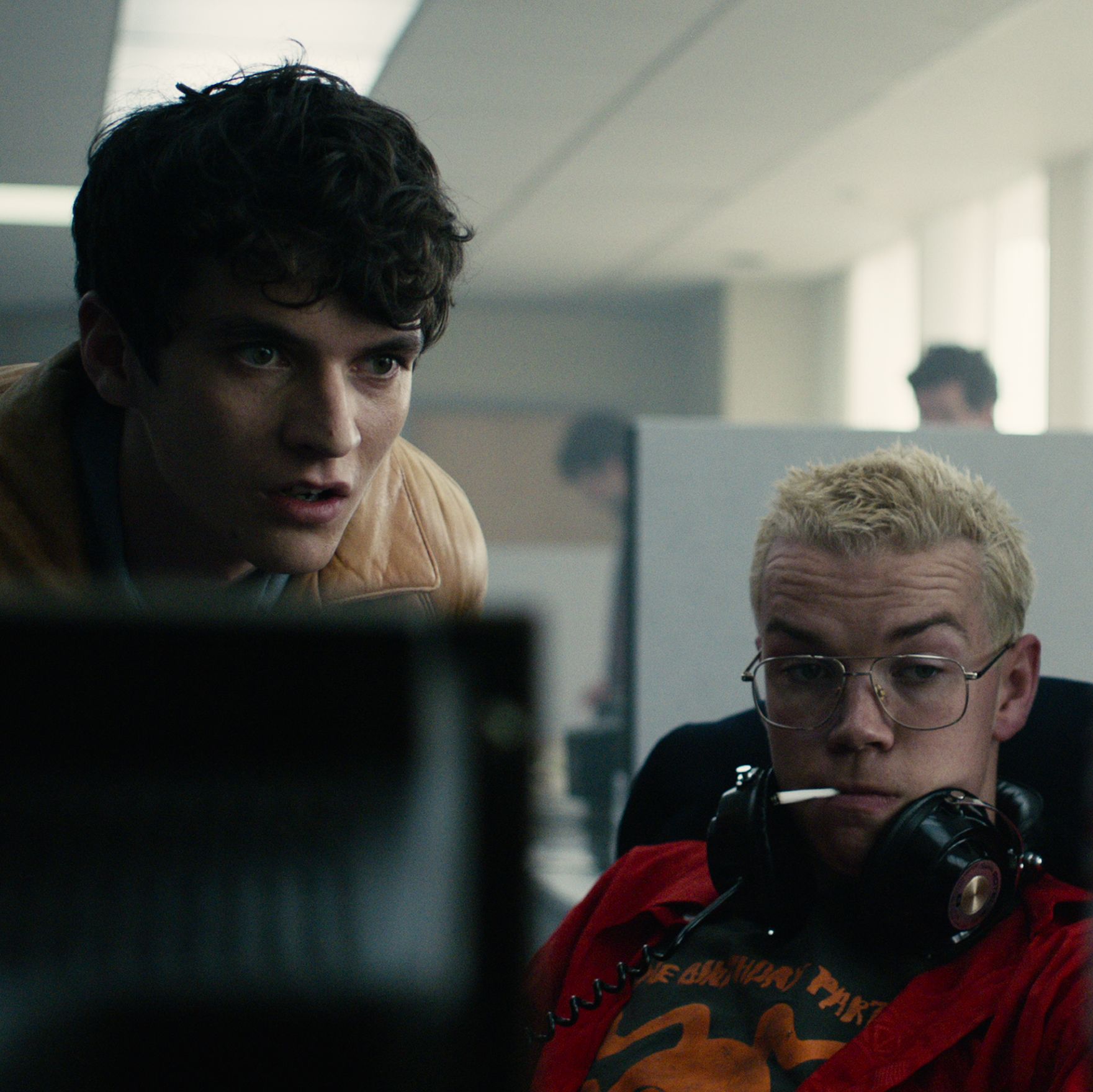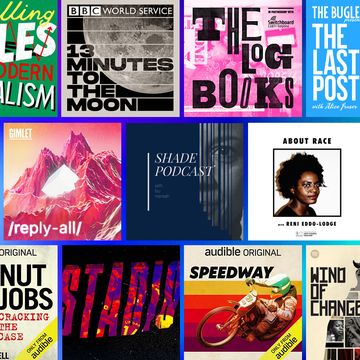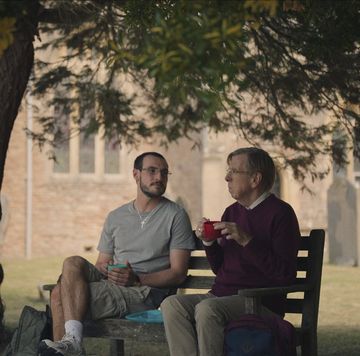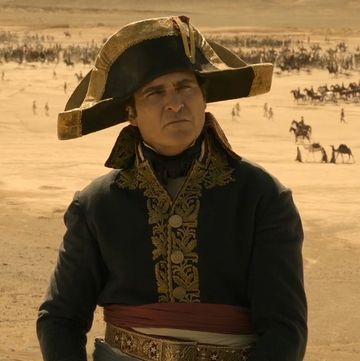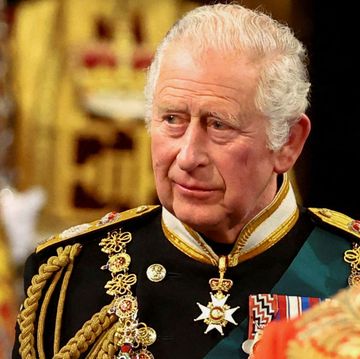In a turnaround from its usual policy of never telling anyone anything about how popular or unpopular the shows it hosts are, Netflix has announced that it's going to trial rankings of the top 10 most popular shows on its UK platform in different categories "in this quarter".
That means that in the next couple of months we'll be able to see what people are actually watching for the first time, rather than making educated guesses based on what everyone on your timeline's talking about.
"For those who want to watch what others are watching, this may make choosing titles even easier," a recent letter to shareholders read according to Variety. "After a few months we’ll decide whether to end or expand the test."
We're all familiar with completing a few laps of that circular trudge through the Netflix undergrowth trying to decide what you don't want to watch least of on a Friday night, and on the surface this does seem like a terrible idea. If you're feeling uninspired and other people seem to like it it's probably worth a punt, right?
Hmm. Leaving aside the fact there's no accounting for taste - Ricky Gervais' After Life would likely have made a Netflix top 10, despite being rubbish - it feels like this is the streaming company leveraging the same oh-my-god-how-have-you-not-seen-Breaking-Bad cultural inadequacy complex that already squeezes me when I go on Twitter. I'd just about made my peace with the fact that there are thousands of hours of amazing TV that I'll never get to see. That's fine. I have a finite life span, and I want to go swimming a couple of times a week. I'm going to miss stuff.
But now the service itself is about to join in, nudging and tugging at you, making you constantly aware that there's some wave of zeitgeist that you've already missed, and which you desperately need to catch up with or become a pariah.
Plus, given Netflix's opaque attitude to viewing figures, there's very little way of riddling out what metric will be used or why, and we'll just have to take Netflix at its word that these shows actually are the most popular. And anyway, one of the boons of Netflix refusing to divulge how many people watch any of its programmes is that there's less outside pressure on any individual show to immediately provide some return on its investment, giving it more time to find its audience.
It might come to nothing, but there's a chance this could be the future: a constant needling of that sense that you're adrift from the leading edge of pop culture from the platforms you use as well as the people you follow.
